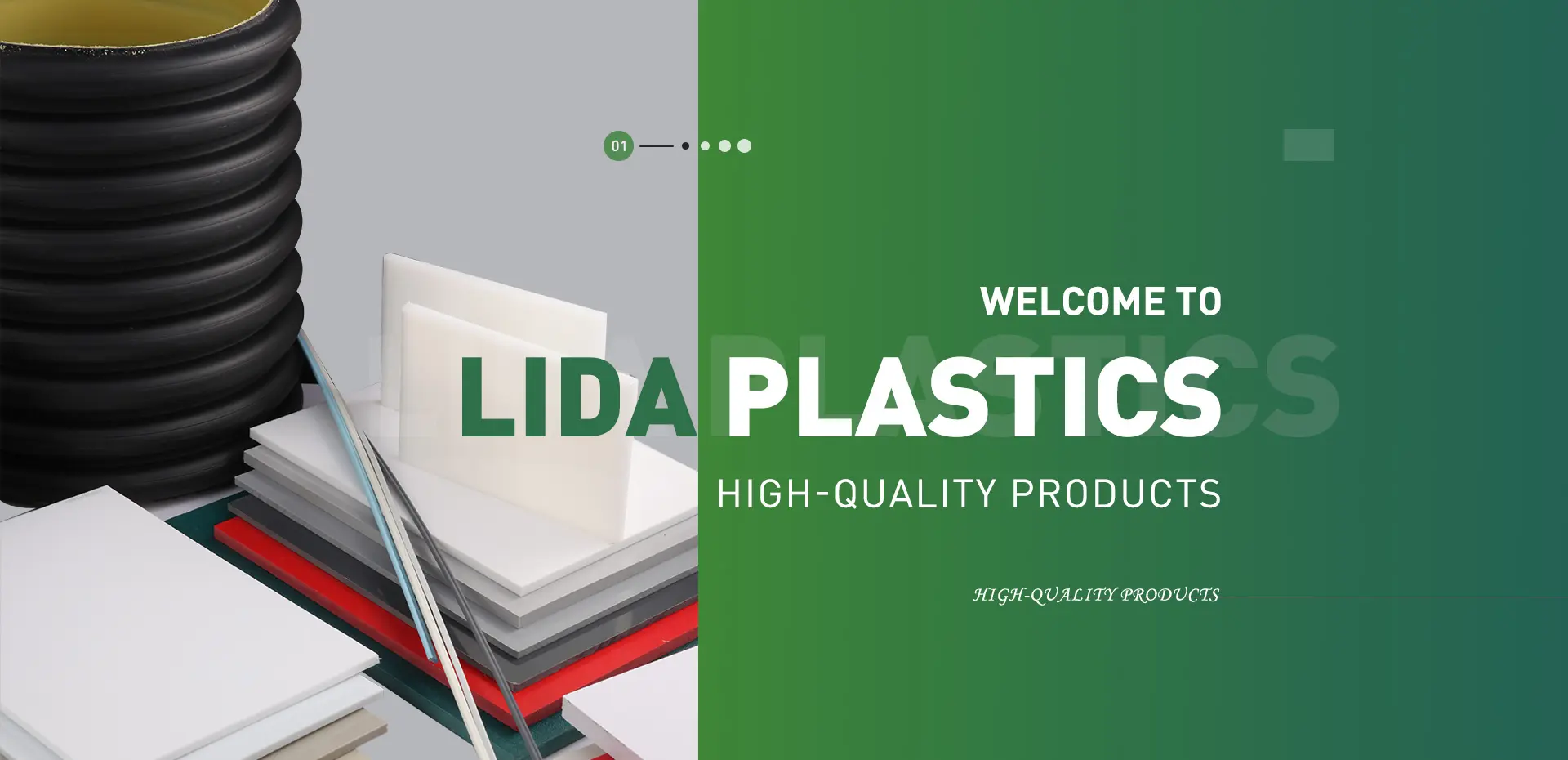Dec . 03, 2024 17:04 Back to list
Understanding the Benefits and Uses of Perforated PVC Pipe in Drainage Systems
The Versatility and Applications of Perforated PVC Pipe
Perforated PVC pipe has become an indispensable component in numerous industries due to its unique properties and versatility. This type of pipe features a series of holes or slots along its length, allowing water or air to enter or exit the pipe while maintaining structural integrity. Its applications are vast and varied, making it a popular choice among engineers, contractors, and environmental specialists.
Understanding Perforated PVC Pipe
Perforated PVC pipe is made from polyvinyl chloride (PVC), a type of plastic known for its strength, durability, and resistance to chemical corrosion. The perforations in the pipe are designed to facilitate drainage, aeration, and filtration. These holes can vary in size and spacing, depending on the specific application or regulatory requirements. The pipes are available in different diameters, making them suitable for a wide range of tasks, from small-scale drainage systems to large municipal projects.
Applications in Drainage Systems
One of the most common uses of perforated PVC pipe is in drainage systems. They are widely used in residential and commercial construction for French drains, which help redirect groundwater away from buildings and foundations. The perforated pipe collects excess water from the surrounding soil and conveys it to a designated drainage area, preventing flooding and water damage. This makes them essential for maintaining the integrity of structures and landscapes in both urban and rural settings.
In agricultural applications, perforated PVC pipes are often used in subsurface drainage systems to enhance soil aeration and improve crop yields. By removing excess water, they help prevent waterlogging, which can be detrimental to root systems. This technology enables farmers to manage water levels effectively and optimize growing conditions for various crops.
Filtration and Erosion Control
Perforated PVC pipes play a critical role in various filtration processes. By allowing water to flow through while trapping larger particles, they assist in sediment control and improve the quality of water discharge. This makes them invaluable in stormwater management systems, where they are often used in bio-retention cells or rain gardens. The design helps to maintain a natural hydrological cycle and promotes environmental sustainability.
perforated pvc pipe

Additionally, these pipes are effective in erosion control applications. When installed in certain terrains, they help absorb excess water, reducing runoff and soil erosion. This is particularly relevant in areas prone to heavy rainfall, where maintaining soil stability is crucial.
Aeration in Septic Systems
Another essential application of perforated PVC pipe is in septic systems. These pipes can be utilized in drain fields to aerate the effluent and promote the natural breakdown of waste materials. The perforations allow for the diffusion of air, enhancing the aerobic decomposition process that is vital for the effective functioning of septic systems. Properly functioning septic systems are crucial for protecting groundwater quality and public health.
Advantages of Using Perforated PVC Pipe
The benefits of using perforated PVC pipe are manifold. Firstly, its lightweight nature makes it easy to handle and install, reducing labor costs associated with transportation and installation. Secondly, its resistance to corrosion and chemicals ensures longevity, making it a cost-effective choice in the long run. Thirdly, the flexibility of PVC allows for various configurations, enabling customization based on specific project requirements.
Moreover, the smooth interior surface of PVC reduces friction losses, increasing flow efficiency. This is a significant advantage in drainage applications where maximizing water flow is critical.
Conclusion
In conclusion, perforated PVC pipe is a versatile and essential component in various industries, particularly in drainage systems, agriculture, filtration processes, and septic applications. Its unique properties, such as durability, lightweight design, and corrosion resistance, make it a preferred choice among professionals. As environmental concerns continue to grow, the use of perforated PVC pipe will likely expand further, supporting sustainable practices and effective water management solutions. Whether you are involved in construction, agriculture, or environmental protection, understanding the benefits and applications of perforated PVC pipe can help you make informed decisions for your projects.
-
High-Quality PPR Pipes and Fittings Durable ERA PPR & PVC PPR Solutions
NewsJul.08,2025
-
Black HDPE Cutting Board - Durable, Non-Porous & Food Safe HDPE Plastic Cutting Board
NewsJul.08,2025
-
High-Quality CPVC Panel Durable HDPE & PVC Panels Supplier
NewsJul.08,2025
-
Double PE Welding Rod Supplier - High Strength, Durable & Versatile Welding Solutions
NewsJul.07,2025
-
High-Quality PVC-O Pipe Supplier Durable 75mm PVC Pipe & Connections Leading PVC Pipe Company
NewsJul.07,2025
-
HDPE Drainage Pipe Supplier – Durable & Corrosion-Resistant Solutions
NewsJul.06,2025

